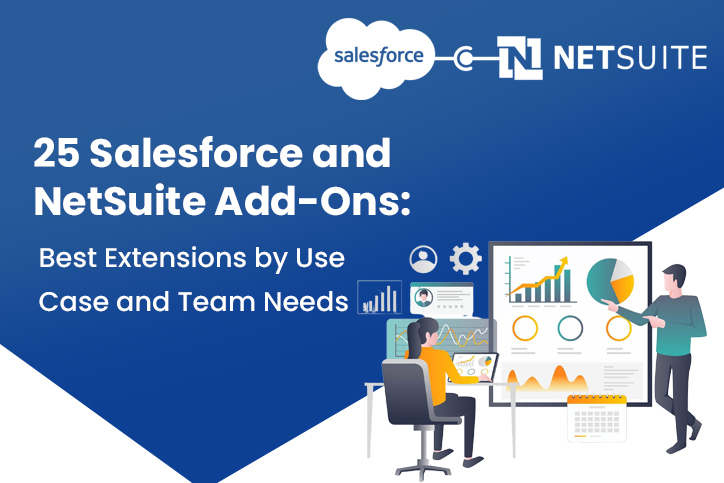How Microsoft Dynamics 365 is Shaping the Future of Business...
You have probably heard how digital transformation is changing the business in profound ways. Well, here is how it’s happening. Microsoft Dynamics 365, an all-in-one business solution is offering th...
Dynamics 365
- 01-30-2024
- 518 Reads
- 5 min read
Latest Blogs
Ensuring Data Security and Compliance in Microsoft Dynamics ...
Microsoft Dynamics 365 CRM is a powerful tool that helps businesses streamline their customer relationship management processes. However, with great power comes great responsibility, especially when i...
Dynamics 365
- 11-22-2023
- 659 Reads
- 5 min read





